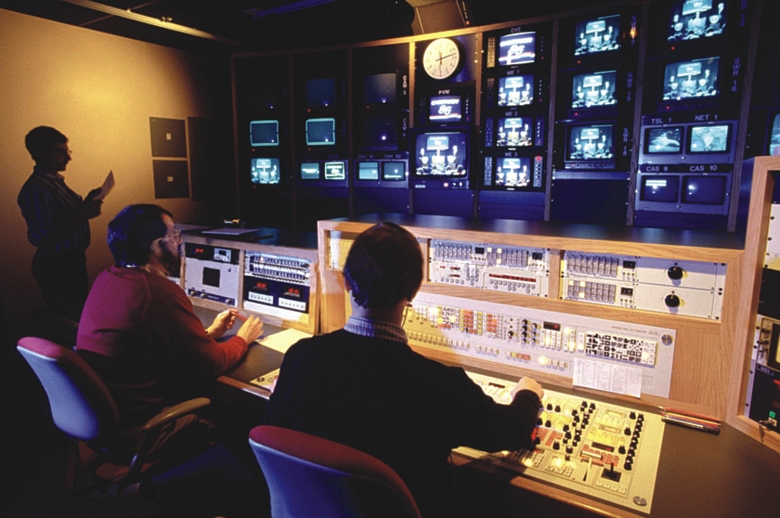
The Bachelor of Mass Communication (BMC) program is a comprehensive and interdisciplinary undergraduate course designed to provide students with a thorough understanding of the diverse field of mass communication. Typically spanning three to four years, this program integrates theoretical knowledge with practical skills to prepare students for dynamic careers in media, journalism, advertising, public relations, and digital communication. The curriculum covers a wide array of subjects, including media theory, communication research, multimedia production, and media law.
Students enrolled in the BMC program engage in experiential learning through internships, industry projects, and practical coursework. This hands-on approach allows them to develop a broad skill set encompassing writing, editing, visual communication, and digital media production. The program emphasizes critical thinking, creativity, and effective communication, preparing students for the multifaceted demands of the media and communication industry.
The interdisciplinary nature of the BMC program enables students to explore specialized areas within mass communication based on their interests. Elective courses and concentrations may include journalism, advertising, public relations, or digital media, allowing students to tailor their education to match their career aspirations.
Ethical considerations, media literacy, and social responsibility form integral components of the BMC program. Students critically examine the ethical dimensions of media practices, understanding the impact of media on society, and developing a sense of responsibility in their roles as communicators.
Upon completion of the BMC program, graduates are well-prepared for diverse roles in media organizations, advertising agencies, public relations firms, and digital media companies. The combination of theoretical knowledge and practical skills equips graduates to contribute meaningfully to the evolving landscape of mass communication and emerging trends in media and technology.